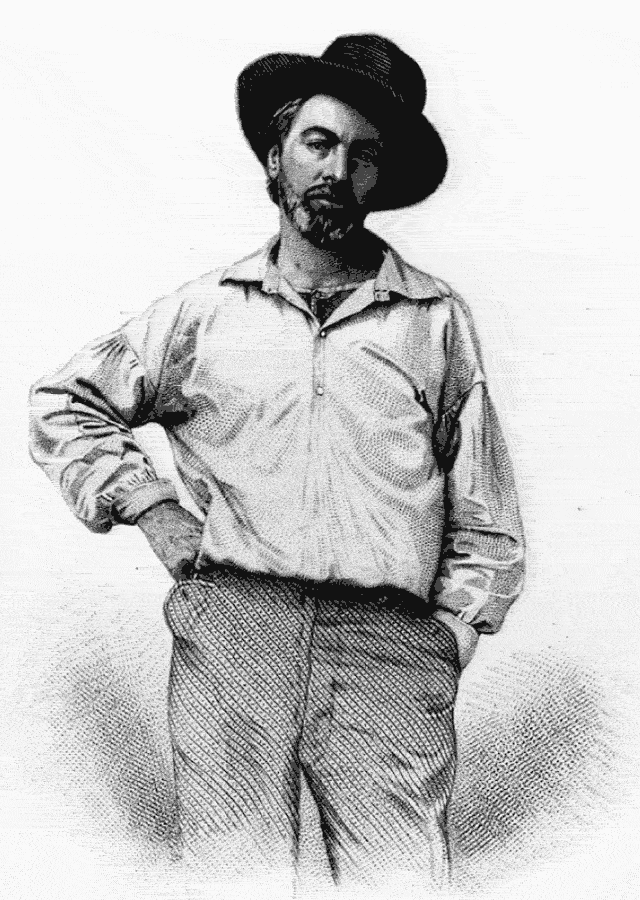
Back in 1999, when I was teaching in Muswell Hill, I spent a lazy hour digging through the dusty shelves at the back of the English stockroom, seeking something 'different' to teach to my Year 8 classes. Eventually, I came across a book called
Walkabout, by
James Vance Marshall. It was a revelation - and my classes and I were quickly mesmerised.
The book tells the story of Mary and her young brother Peter, the only survivors of an aircrash in the middle of the Australian desert. They are facing death from exhaustion and starvation when they meet an Aboriginal boy who helps them to survive, and guides them on their long journey back to safety and 'civilisation'.
Two things fascinated me when I first read it: firstly, the relationship between Mary and the aboriginal boy, both on the cusp of adulthood, and both simultaneously cultures apart and skin-close; and also the minute detail in which Marshall manages to describe the beauty of the plants and animals of the Australian outback.
This is no action-packed adventure - but it is even more intoxicating as a result. A languid, almost meditative exploration of a fundamental culture clash, the trauma of adolescence, and the beautiful landscape of a distant land. Highly recommended (as is the 1971 movie, which I am happy to lend to any of you if you like the book).
For a pre- and post-reading worksheet on the novel, click
here.
For a children's review of the novel, click
here.
And here is an extract from the novel itself, from where the aborigine first meets the two children:
The girl's first impulse was to grab Peter and run; but as her eyes swept over the stranger, her fear died slowly away. The boy was young - certainly no older than she was; he was unarmed, and his attitude was more inquisitive than threatening: more puzzled than hostile.
He wasn't the least bit like an African Negro, His skin was certainly black, but beneath it was a curious hint of undersurface bronze, and it was fine-grained: glossy, satiny, almost silk-like. His hair wasn't crinkly but nearly straight; and his eyes were blue-black: big, soft and inquiring. In his hand was a baby rock wallaby, its eyes, unclosed in death, staring vacantly above a tiny pointed snout.
All this Mary noted and accepted. The thing that she couldn't accept, the thing that seemed to her shockingly and indecently wrong, was the fact that the boy was naked.
The three children stood looking at each other in the middle of the Australian desert. Motionless as the outcrops of granite they stared, and stared, and stared. Between them the distance was less than the spread of an outstretched arm, but more than a hundred thousand years.
Brother and sister were products of the highest strata of humanity's evolution. In them the primitive had long ago been swept aside, been submerged by mechanization, been swamped by scientific development, been nullified by the standardized pattern of the white man's way of life. They had climbed a long way up the ladder of progress; they had climbed so far, in fact, that they had forgotten how their climb had started. Coddled in babyhood, psycho-analysed in childhood, nourished on predigested patent foods, provided with continuous push-button entertainment, the basic realities of life were something they'd never had to face.




